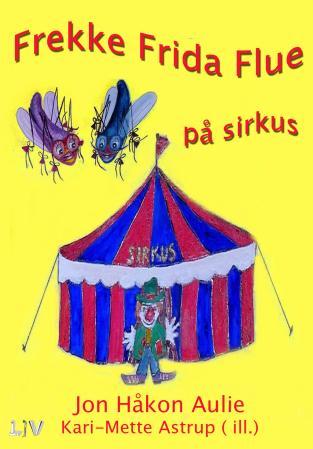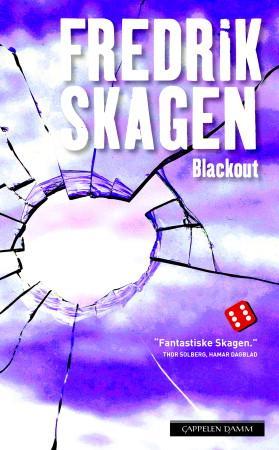
February 1933 av Uwe Wittstock
349,-
<p>It all happened in a flash. February 1933 was the month in which the fate of German writers, as for so many others, was decided. In a tensely spun narrative, Uwe Wittstock tells the story of a demise which was predicted by some but also scarcely thought possible. He reveals how, in a matter of weeks, the glittering Weimar literary scene gave way to a long, dark winter, and how the net drew ever closer for Thomas Mann, Bertolt Brecht, Else Lasker-Sch¿ler, Alfred D¿blin, and countless others.</p><p>Monday, January 30: Adolf Hitler is sworn in as Chancellor of Germany. Joseph Roth cannot wait any longer to learn what today¿s paper will report. He leaves for the station early in the morning and takes the train to Paris; bidding Berlin farewell comes naturally to him. Meanwhile, Thomas Mann barely spares a thought for politics during the next ten days, focusing instead on his forthcoming speech on Richard Wagner.</p><p>Weaving an intimate portrait of the major figures whose lives he foll








